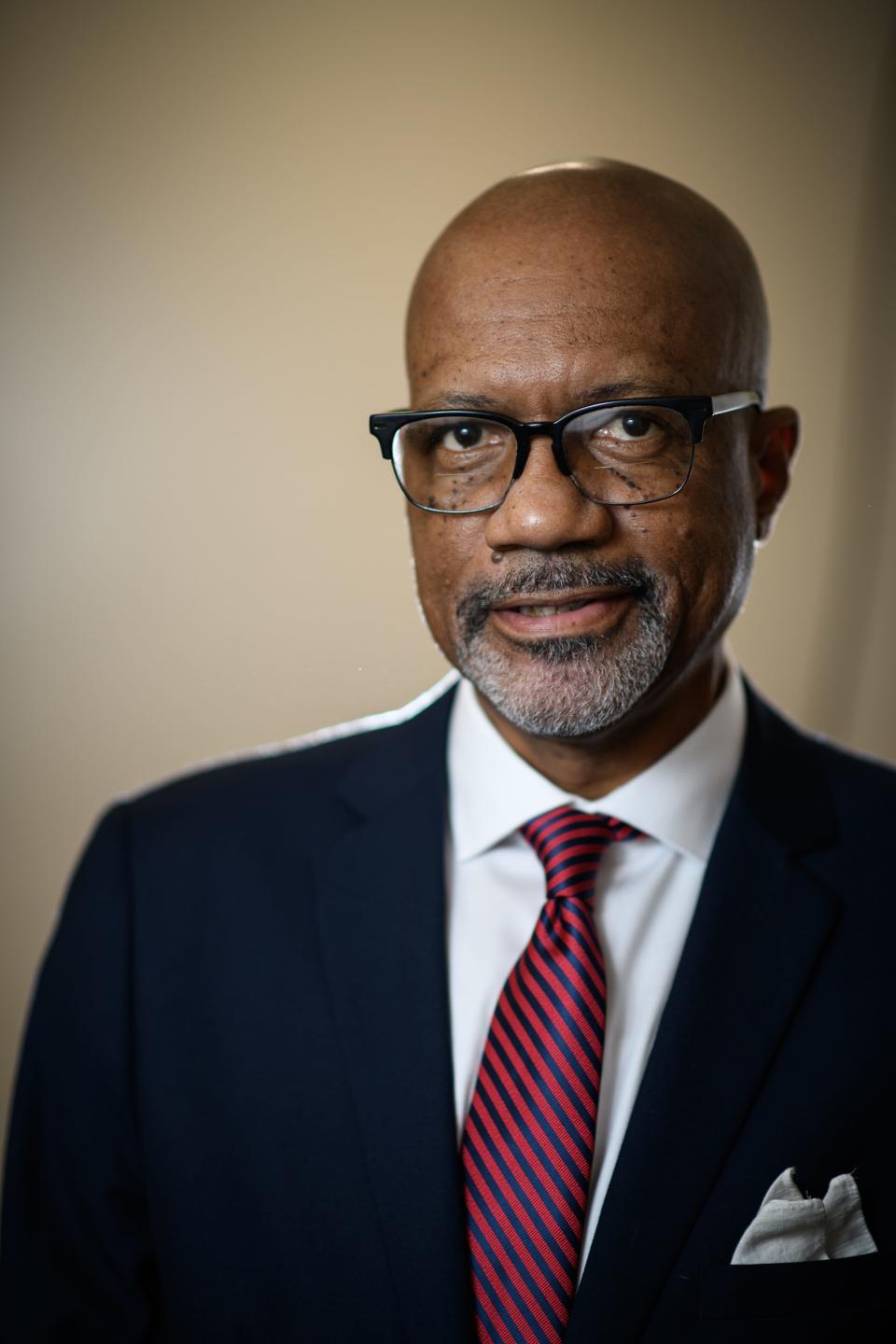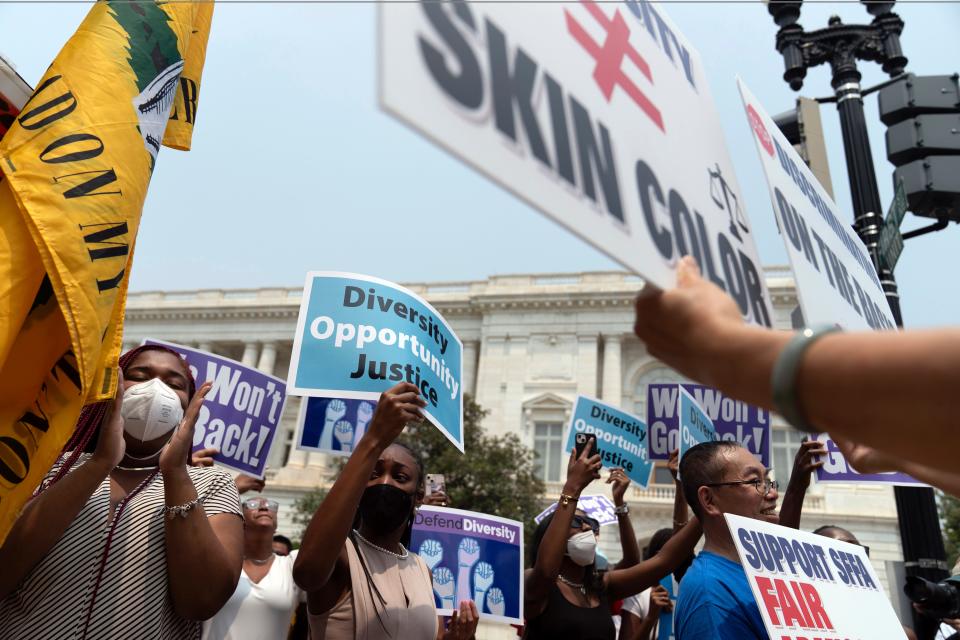Affirmative action: Former Fayetteville official, a white, HBCU grad, laments SCOTUS ruling
Affirmative Action has been a part of American politics since President Lyndon B. Johnson issued Executive Order 11246 in 1965, prohibiting employment discrimination based on race, color, religion and national origin by those organizations receiving federal contracts and subcontracts.
The U.S. Supreme Court (SCOTUS) first ruled on affirmative action in Regents of the University of California v. Bakke in 1978. The Court made a mixed decision on the issue of racial preference in university admissions, laying the groundwork for educational standards that still exist today. Recently, a conservative advocacy group, Students for Fair Admission (SFFA), asked SCOTUS to reverse over 50 years of precedence and ban the use of race-conscious admissions policies, arguing they discriminate against Asian-Americans, in Students for Fair Admissions v. University of North Carolina and Students for Fair Admissions v. Harvard.

SFFA is a nonprofit membership group of over 20,000 students, parents and others. They believe racial classifications and preferences in college admissions are unfair, unnecessary and unconstitutional. Their stated mission is to support and participate in litigation that will restore the original principles of our nation’s civil rights movement.
This week, the Court’s conservative majority sided with SFFA, which will reshape the college admissions process.
More: Williams: If Cumberland County families want to use vouchers, good for them
More: Troy Williams: Black candidates in Fayetteville and Cumberland can win at-large
In an eight–day trial in federal district court in October 2021, SFFA v. University of North Carolina, the court sided with UNC, concluding the admissions office used race in a limited, permissible fashion and that race was not the dominant factor in decisions.
But SCOTUS reversed the lower court decision, ruling affirmative action has finally served its usefulness. America will no longer be subject to this controversial policy.
‘A huge loss’
Can a white person get a minority scholarship to a Historically Black College University (HBCU)? Unlike the treatment some African Americans faced at predominately white institutions, HBCUs have never prevented other groups from going there.
Jay Reinstein, a former Fayetteville assistant city manager, says he received a minority presence grant for whites in 1991, which enabled him to attend N.C. Central University in Durham. On his weekly radio show on WIDU, he says he benefited from white privilege.

Reinstein, 62, grew up in Potomac, Maryland. After high school, he attended the University of Maryland and dropped out. After moving to Raleigh, he decided to return to school, and NCCU was a viable option where he received his undergraduate and graduate degrees.
“Doing away with affirmative action is a huge loss,” Reinstein said. “The attempt at leveling the playing field has disappeared, and fewer people of color and minorities will have opportunities to attend universities.”
More: Patricia Timmons-Goodson of Fayetteville to become dean of NCCU School of Law
NCCU’s law school is also diverse, with 24% white students, and has a notable graduate, former North Carolina Gov. Mike Easley. Easley was a UNC undergraduate and earned his J.D. degree from NCCU, with honors, in 1976.

Justice Clarence Thomas has long insisted that using race in higher education admissions decisions is prohibited by the Equal Protection Clause.
Justice Thomas’ victory may not be a victory for America. We will wait and see. The debate will continue whether systemic racism exists — but without affirmative action.
Troy Williams is a member of The Fayetteville Observer Community Advisory Board. He is a legal analyst and criminal defense investigator. He can be reached at talk2troywilliams@yahoo.com.
This article originally appeared on The Fayetteville Observer: Past Fayetteville official, a white, HBCU grad, defends affirmative action

